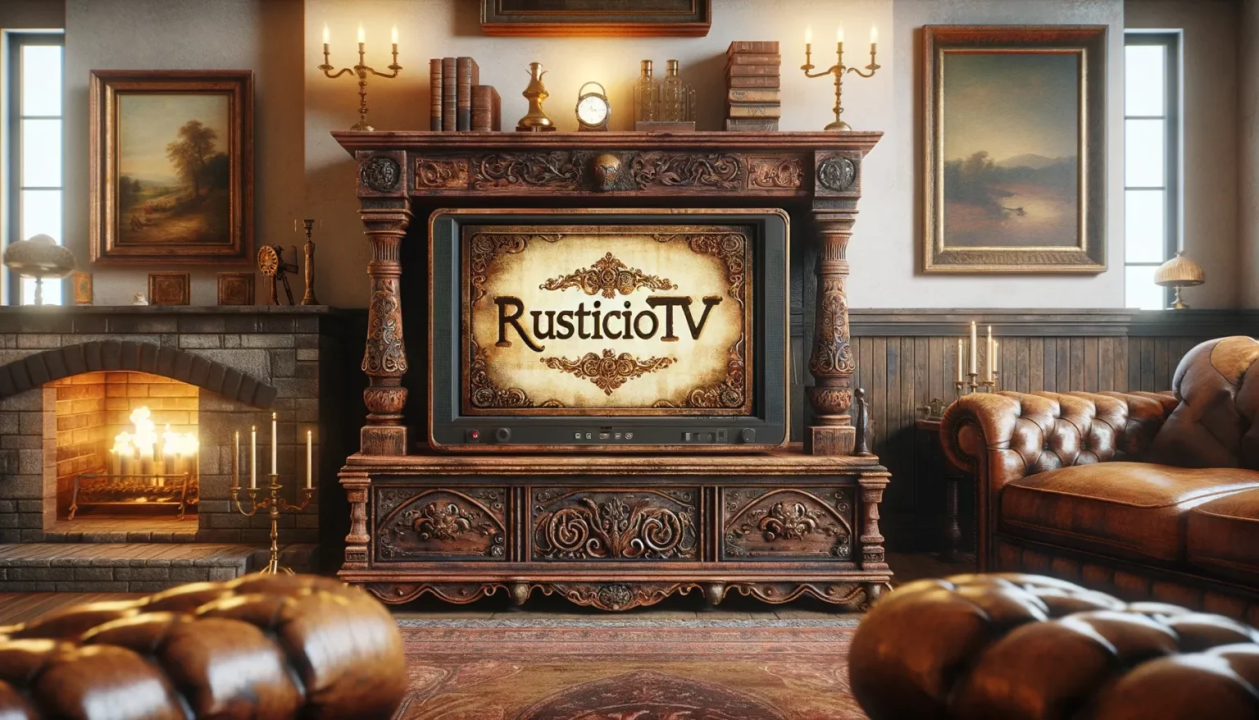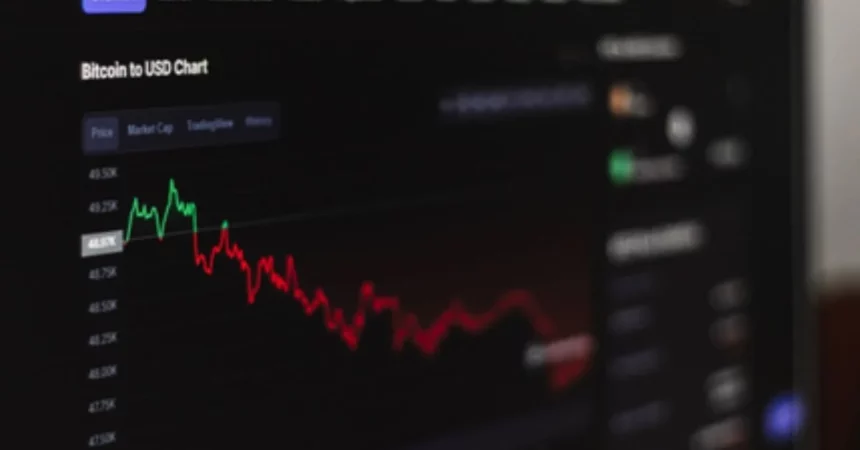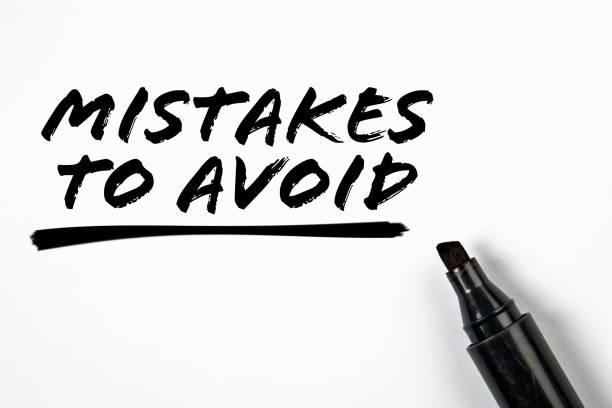Have you ever experienced a sudden drop in your solar panel’s efficiency? Such issues can be quite frustrating, especially when you rely on solar energy for your daily needs. Solar systems are designed to be robust and efficient, but like all technologies, they can occasionally face problems. Fortunately, most of these issues are fixable with the right knowledge. Read on to discover how you can identify and rectify the common problems that may arise in your solar panel systems.
Understanding the Basics of Solar Panel Systems
Before diving into troubleshooting, it’s crucial to have a foundational understanding of how solar panels work and their integral components.
How Solar Panels Work?
Solar panels or photovoltaic (PV) panels convert sunlight directly into electricity. When sunlight hits the solar cells within a panel, it knocks electrons loose from their atoms. As these electrons flow through the cell, they generate electricity.
Key Components of a Solar System
- Solar Panels: These capture sunlight and convert it into electricity.
- Inverter: This component converts the direct current (DC) produced by solar panels into alternating current (AC) suitable for household use.
- Battery Storage: Some solar systems come equipped with batteries to store excess electricity generated during the day, for use during nighttime or cloudy days.
- Metre: Measures the amount of electricity your panels produce and the amount you consume.
Understanding these components can help pinpoint where a problem might be occurring.
Recognising Symptoms of System Issues
Before you can fix a problem, you must first identify it. Here are some signs that might indicate an issue with your solar panel system:
Decreased Energy Output
A sudden drop in power production is a clear sign something’s amiss.
Inverter Display Errors
An error message or unusual reading can indicate an inverter malfunction.
Physical Damage to Panels
Cracks, discolouration, or accumulation of debris can affect a panel’s performance.
Intermittent Power
If your system is producing power inconsistently, there might be an underlying issue.
Higher Electricity Bills
If you’ve noticed a significant increase in your bills, your system might not be operating efficiently.
Troubleshooting Common Problems
Decreased Energy Output
There can be several reasons for a drop in your solar system’s energy production:
Shading
Over time, new obstructions like growing trees can cast shadows on your panels, reducing their efficiency. Ensure no physical barriers block sunlight from reaching your residential solar panels.
Dirty Panels
Dirt, bird droppings, or accumulated debris can reduce the amount of sunlight hitting your panels. Cleaning them regularly can solve this issue.
Panel Age
Solar panels generally have a lifespan of 20-25 years. If your panels are older, they might naturally be producing less power.
Inverter Issues
The inverter is often termed the “heart” of a solar system. Any issue with it can significantly affect system performance:
Display Errors
Check the inverter display. If there’s an error message, refer to the manual for its meaning.
Temperature
Inverters can overheat. Ensure they’re placed in a well-ventilated area away from direct sunlight.
Loose Connections
Double-check all connections to and from the inverter. A loose wire can easily disrupt power conversion.
Physical Damage
Physical damage to your panels can lead to decreased efficiency:
Cracked Panels
If a panel is cracked, it might not work efficiently. It’s best to replace a damaged panel.
Water Damage
Look for signs of moisture or water damage on the backsheet of the panel.
Loose Connections
Ensure that all connections between panels are tight and intact.
The Importance of Regular Maintenance
Prevention is always better than cure. By maintaining your solar system regularly, you can avoid many common issues:
Regular Cleaning
Ensure your panels are free from dirt and debris. Cleaning them once every six months can improve efficiency.
Check Mounting Equipment
Loose mounts can lead to misalignment of panels. Ensure they’re secure.
Inspect Wiring
Regularly check the system’s wiring for wear and tear.
Update Software
Modern inverters come with software that can occasionally need updating. Ensure your inverter’s software is up-to-date.
Preventive Measures to Avoid Frequent Issues
To enjoy uninterrupted service from your solar system, follow these preventive measures:
Install Quality Equipment
While it might be tempting to opt for cheaper components, high-quality equipment tends to last longer and face fewer issues.
Monitor System Regularly
Many modern systems offer monitoring services that provide real-time data on system performance.
Professional Inspection
Consider getting a professional to inspect your system annually.
Clear Surroundings
Ensure no trees or structures shade your panels. A clear path to the sun is crucial for optimum performance.
When to Call in the Experts?
While some issues can be fixed with a DIY approach, certain problems require expertise:
Major Inverter Malfunctions
If your inverter isn’t working even after basic troubleshooting, it’s time to consult an expert.
Electrical Issues
If you suspect a problem with the system’s electrical components, it’s best to seek professional help.
Panel Replacement
If a panel needs replacement, it’s essential to get it done professionally to ensure the new panel integrates well with the existing system.
Warranty Claims
If a component is still under warranty and malfunctioning, contacting the manufacturer or installer can save costs.
Ensuring Maximum Efficiency for Your Solar Panels
Why let minor issues disrupt the seamless performance of your solar panels? With a proactive approach, you can ensure that your system works optimally, providing you with sustainable energy every day.
If you’re unsure about any aspect of your solar system or need expert advice, don’t hesitate. Reach out to NuSolas Energy, Ireland’s trusted name in solar panel installation. Your energy independence deserves the best care.
FAQs
1. Why is my solar panel not producing power?
A solar panel may not produce power due to shading, accumulated dirt, physical damage, or faulty connections. Regular maintenance can help prevent such issues.
2. How often should I clean my solar panels?
Solar panels typically need cleaning every six months. However, in areas with more dust or bird activity, more frequent cleaning might be necessary.
3. Can damaged solar panels be repaired?
While minor damages like loose connections can be fixed, cracks or severe water damage often necessitate panel replacement for optimal performance.
4. Does shading affect solar panel efficiency?
Yes, shading can drastically reduce a solar panel’s efficiency. Even a small shadow can impact the energy output of the entire system.
5. How long does a solar inverter last?
A typical solar inverter can last between 10 to 15 years. Regular maintenance and updates can prolong its lifespan.
6. Do solar panels work on cloudy days?
Yes, solar panels can still produce power on cloudy days, though their efficiency might be reduced compared to sunny conditions.










